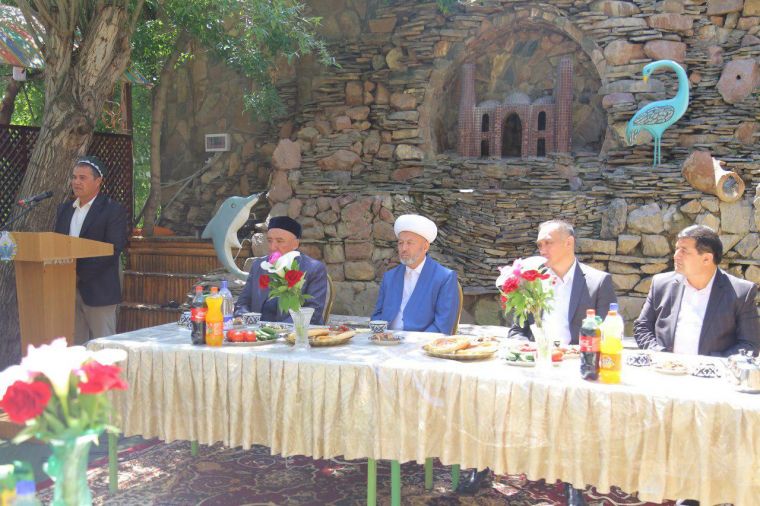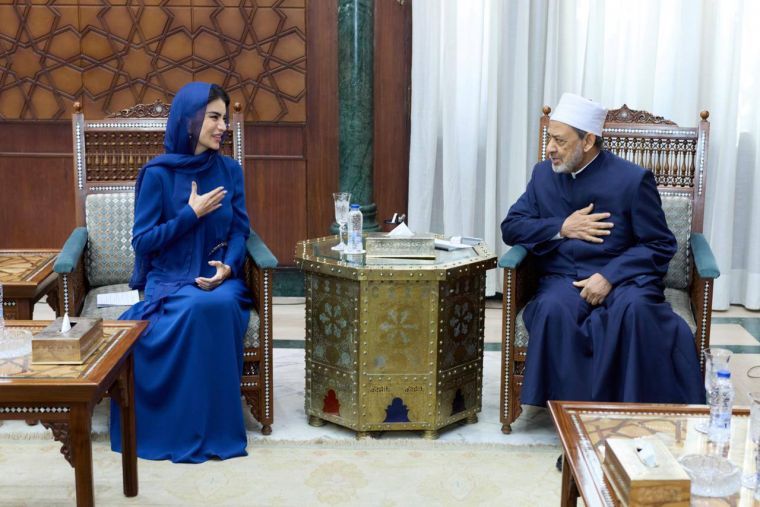Tashkent city



Delegation headed by Usmankhan Alimov, Chairman of Muslim Board of Uzbekistan, Muftiy and Jasurbek Akramov, Chairman of the Committee for Religious Affairs under the Cabinet Ministers of Uzbekistan is visiting Namangan region in order to have genuine talks with the ordinary Muslims.
During the meeting which was held in Uchkurgan district all speakers, first of all, praised Allah Almighty for the current blessing days and thanked sincerely the government efforts directed to develop and improve religious-enlightenment sphere initiated by the Honorable President Shavkat Mirziyoyev.
In his speech Jasurbek Akramov, Chairman of the Committee for the Religious Affairs underlined the importance of the President Decree “On rational improvement of religious-enlightenment sphere” dated April 16, 2018 which foresees a number practical improvements in the daily life of common muslims. Mr. Akramov also mentioned President’s recent visit to Namangan region where the Head of the State, Shavkat Mirziyoyev gave several instruction including scope and capacity of “Hidoya” Madrasah - specialized secondary Islamic school.
In its turn, Usmankhan Alimov strengthened the aforementioned ideas with Qur’an ayats and hadiths. He noted that every true worshipper should be thankful countless times to The Merciful Allah and support all the positive developments happening in our country with at least sincere prayers.
The delegation’s open talks with ordinary worshippers are continuing.
Press Service,
Muslim Board of Uzbekistan

Saida Mirziyoyeva, Head of the Presidential Administration of the Republic of Uzbekistan, met in Cairo with Sheikh Ahmad Muhammad Tayyib, the Grand Imam of Egypt and Head of the Al-Azhar complex.
The meeting focused on strengthening cooperation between Uzbekistan and Egypt in the fields of spirituality, science, and education.